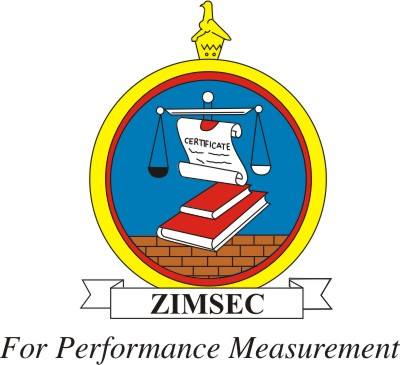By Tito Malowe
There is an old Shona proverb that goes “Kwadzinorohwa matumbu ndiko kwadzinomhanyira,” loosely translated, it means “where they are ill-treated, put in harm’s way is where they rush to.” This rings true for the Zimbabwe School Examinations Council (ZIMSEC) markers, who do the patriotic act of ensuring they evaluate the performance of our learners each examination season.
For all their dedication and sacrifice to the national cause, ZIMSEC markers are the least paid in comparison to HEXCO (US$ 4per script or School of Mines markers when it comes to remuneration. Theirs only come in the form of Travel and subsistence allowances and payment that is not standard which more often that not is delayed forcing the markers to dip into their own pockets.
If the markers decide on job action, threats become the order of the day, bearing in mind they are all civil servants. Trade unionism has lost its meaning for school teachers in Zimbabwe, and like sheep without a shepherd, they are left at the mercy of a lion ready to devour them whenever it feels hungry.
Their commitment to service is unquestionable; the examiner goes for ZIMSEC marking in crowded, less ventilated halls at various institutions. They suffocate even in gym halls that lack ventilation, as they scrutinize the candidates’ scripts, meet the target number of marked scripts within the stipulated time frame with no room for error.
Some are even denied the privilege of being non-residents, reminded of the nature of their paper, yet no incentives are offered for that.
Who, then, is profiting from the system?Some even miss tea breaks to catch up, a sacrifice that seemingly goes unnoticed. To make matters worse, they are not only underpaid but also face the grim reality of late payments.
With advancements in technology, the travel and subsistence allowance form is completed online, yet nothing comes in time. Government rates are set aside when dealing with the invaluable examiners, with low figures imposed.
Their crime is dedication to national duty and having the future of candidates at heart.When they return for the festive season, reuniting with family members, they do so leaner than those who never attempted to go for the marking session, as they did not incur any expenses. The expectant spouse and children gaze at the frustrated, worn-out man or woman, squeezed dry by the system.
Frustration and stress are the resultant cumulative effects. When shall it be, then, that dues are fairly paid, allowances are given in time, and payments are generously made?Delayed payments leave the marker with no recognized needs, no future plans; they are crippled into artificial poverty and financial dire straits.
Most have learned to cope with the system, “Mali imali izobuya/Mari ichauya,” they console one another, hiding and absorbed in the huge piles of Heritage-Based Curriculum projects. Wonders never cease; come June session, come November session, the same educator-cum-examiner, scantily recognized, packs the ragged bag, heading to faraway places in all four corners of the nation, ready for exploitation, hoping in vain that the master might recognize their effort.
Such is the predicament of the examiner. The delayed remuneration demotivates the examiners and negatively impacts the quality they deliver, thus compromising a task where one mistake can compromise the future of a child.
Its sad that markers for the 2024 session are only being paid their travel ad subsistence allowances four months later with many getting their dues just before and after the Easter holidays. It’s demotivating that what is being paid by Zimsec four months later is an allowance that was supposed to sustain the markers in the course of duty.
The actual payment for the work is yet to come through and will be paid at a rate nobody knows and in the unpopular ZiG which nobody really wants.
It is standard labour practices that when one is contracted to perform a task they must know the amount to be paid and must know the date when that amount worked for is going to be paid. Zimsec is seemingly bullying examiners by keeping them in the dark after its work is done.
ZIMSEC must know that compromised commitment means compromised quality and address this anomaly. Timely payments of even the little allowances would at least maintain positive relations and ensure smooth administration of examinations.
The 2025 examination candidates have registered; the examiner will be hoping the employer remembers and values the hours they put in for the integrity of the country’s education.
